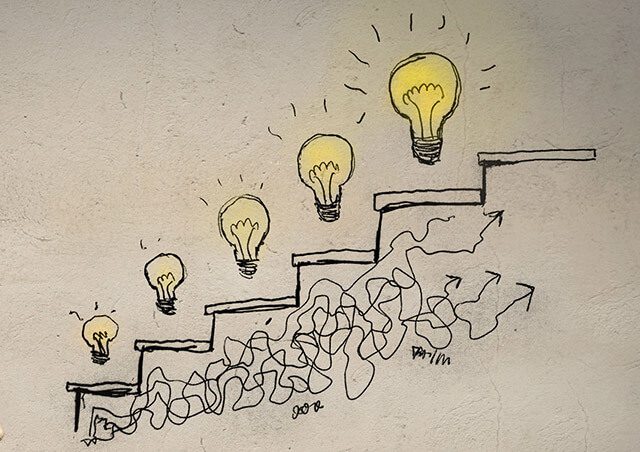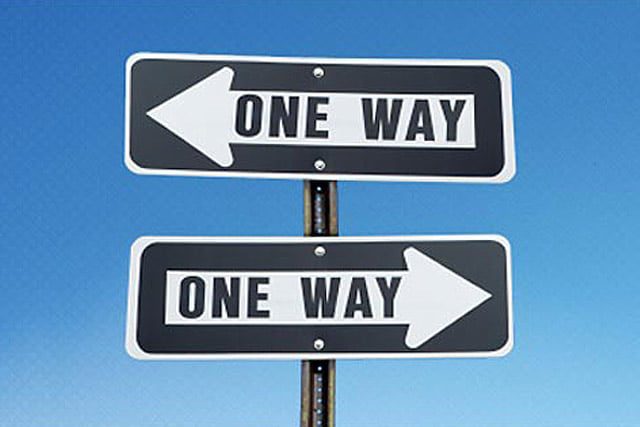Managing Your Franchise’s Reputation in Times of Crisis
By Michael Seid, Managing Director, MSA Worldwide
No one can question the generosity of Howard Schultz or Starbucks, the company he founded. Schultz and the Starbucks Foundation are leading supporters of literacy programs, environmental initiatives, and neighborhood development programs, as well as supporting fair pricing for coffee growers internationally. But in one moment in 2001, in the middle of a national disaster, ground zero for Starbucks was not the World Trade Center but how it handled a crisis caused by one of its locations in downtown Manhattan.
As the crisis began to unfold on September 11th, an employee of Midwood Ambulance raced into a Starbucks location near the World Trade Center looking for bottles of water to treat the victims of the terrorist attack. Victims in shock need water, and water was one of the commodities in short supply moments after the planes struck the Twin Towers. Rather than giving them the water, Starbucks charged $130.00 for three cases, which the ambulance employees had to pay out of their own pockets. If the story ended there, you might chalk it up to an error in judgment by a store manager not knowing what to do in the midst of a disaster zone. But it didn’t.
The President of Midwood called Starbucks headquarters a few days later to complain about the incident and was reportedly told by a Starbucks employee “that this could not have happened.” On September 17th he then faxed Orin Smith, CEO of Starbucks, repeating his complaint. Reportedly, he did not get an immediate response. It was not until the story began to be repeated on the Internet and reported in the major newspapers that Starbucks finally contacted Al Rapisarda, President of Midway Ambulance, offering its regrets and refunding the $130.00 paid by Midway’s employees. Thirty years of building a national brand was put in jeopardy for $130.00 and an inability to execute a crisis plan.
Compare Starbucks’ reaction to that of a McDonald’s franchised location in the same area. Not only did the local McDonald’s not close its doors, it started to cook and cook and cook. It stayed open twenty-four hours each day providing free food, coffee, juice, soft drinks, and even bottled water to the rescue workers.
After September 11th, McDonald’s, with the support of its franchisees, served over 650,000 meals plus distributed bottled water, soft drinks and orange juice to rescue and recovery workers at the disaster sites. McDonald’s even set up several 45-foot mobile units by the World Trade Center, the Pentagon, and the crash site in Somerset, Pennsylvania to ensure that even if there was no McDonald’s nearby, the heroes of September 11th would be fed.
McDonald’s collected over $4.5 million dollars from the American Red Cross and pledged an additional $2 million dollars from Ronald McDonald House Charities and from McDonald’s Corporation to aid in disaster relief. McDonald’s was even smart enough to provide cookies and juice to Blood Donation Centers throughout the U.S.
McDonald’s executed its crisis strategy, while Starbucks acted like a deer caught in the headlights in the days following the crisis. But should Starbucks management be faulted for the action of one employee in not providing disaster assistance? – maybe. Training employees to deal with crisis situations and to make independent decisions is a responsibility of management.
Should they be blamed for the bad press and damage to the Starbucks brand caused by their failure to deal with the crisis immediately once they were informed at headquarters? – Absolutely! They forgot the first rule of crisis management, which is: don’t ignore the crisis.
According to the Institute for Crisis Management, 65% of the crises companies face are of the “smoldering” variety. In other words, most are problems companies are aware of that could erupt and which therefore are caused by management. Only 35% are of the “sudden” variety. Management at Starbucks did not have a real crisis on September 11th; the crisis only began once they ignored the problem. Just as businesses have to plan and provide direction to all their locations on how to operate the business, they must plan for and manage through the unexpected crisis. Most professionals agree that the existence of a working crisis plan and its successful implementation must be viewed as important to the survival of business.
In addition to taking immediate action to correct the problem, according to CrisisTrak (sm), a service of Barkley & Evergreen, a public relations firm in Kansas City, “You have to be prepared. Failure is not an option in any crisis situation.” Barkley & Evergreen recommends a few simple rules that companies should follow when dealing with the media following a crisis:
- Have updated company information readily available, including number of locations (franchised and company-owned), profiles of company executives and key franchisees, and information concerning the system’s products and services.
- Keep the telephone numbers of key influentials readily available, including those of management, your crisis management advisors, key vendors, franchisees, the press, and anyone else you might possibly need in a crisis.
- Practice your crisis communication plan, and schedule annual training exercises.
- Speak with a single voice. Use only one spokesperson. Make certain that franchisees receive training in crisis management and that they understand how to execute the company’s plan, including calling the correct contact person at franchisor headquarters and their responses, If any, to the press.
- Be open, honest and factual with the media.
- Let the media know when you will be communicating with them.
- Keep your message simple. Make certain that everyone can clearly understand and follow the situation.
- Use a steady hand – never panic.
The cornerstone of any good crisis management program is the ability to execute your plan. Companies need to train everyone in their system on how to identify a crisis (something that Starbucks obviously missed), what to do, and who in the company to contact.
Speed, honesty, and a plan you can execute are all central to an effective crisis management program. Singular in importance in valuing a company’s trademark is its reputation. And, unfortunately, the damage from a poorly handled crisis can cause long-lasting and often permanent damage to a company’s reputation and its marks.
As a final note, there were reports in the press that the manager of the Starbucks location in New York was blamed for the damage caused to the company for his failure to provide the water to Midwood Ambulance for free. If that is true, the management of Starbucks in Seattle should be ashamed of themselves for seeking a scapegoat in NY, when the real cause of the problem was their failure to deal with the problem when it first arose. That is what caused the damage to the brand.
Do you have questions about improving your franchise system?
MSA Worldwide provides expert guidance on developing and managing a successful and sustainable franchise system for the long term. Contact us today for a complimentary consultation.







